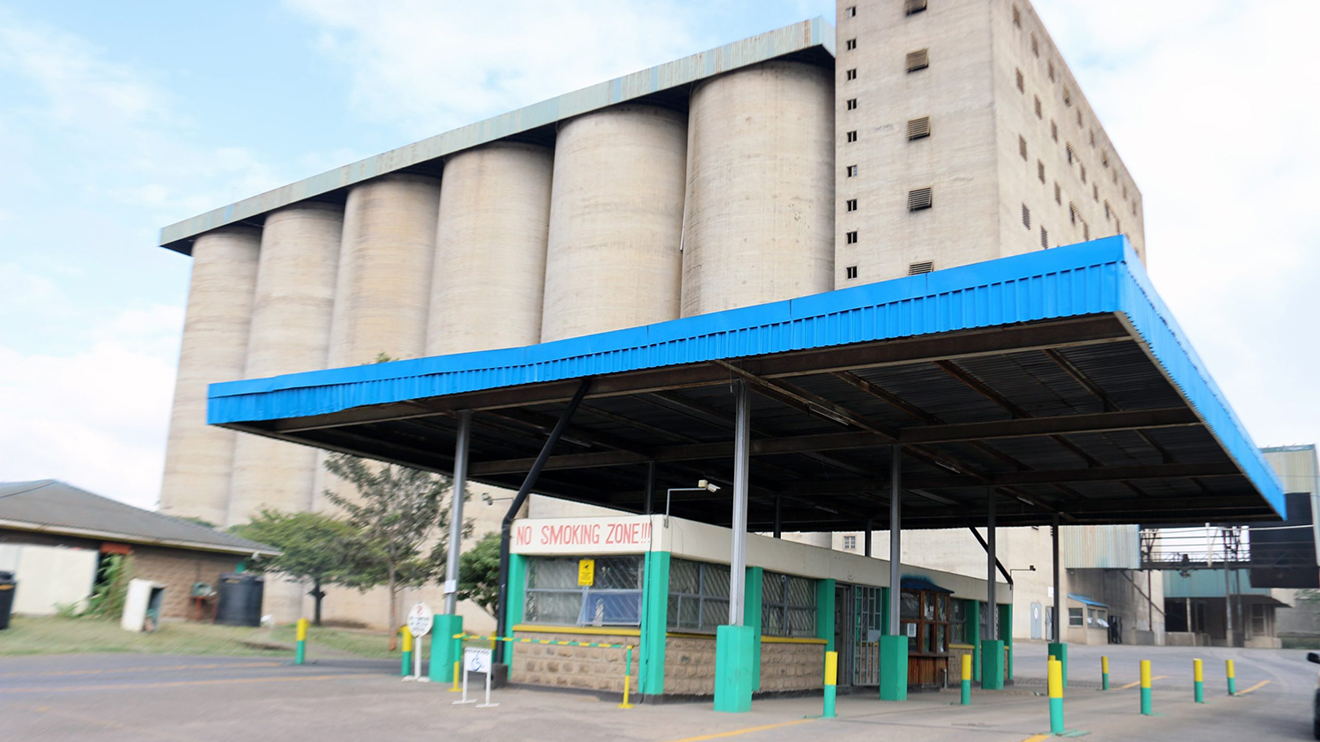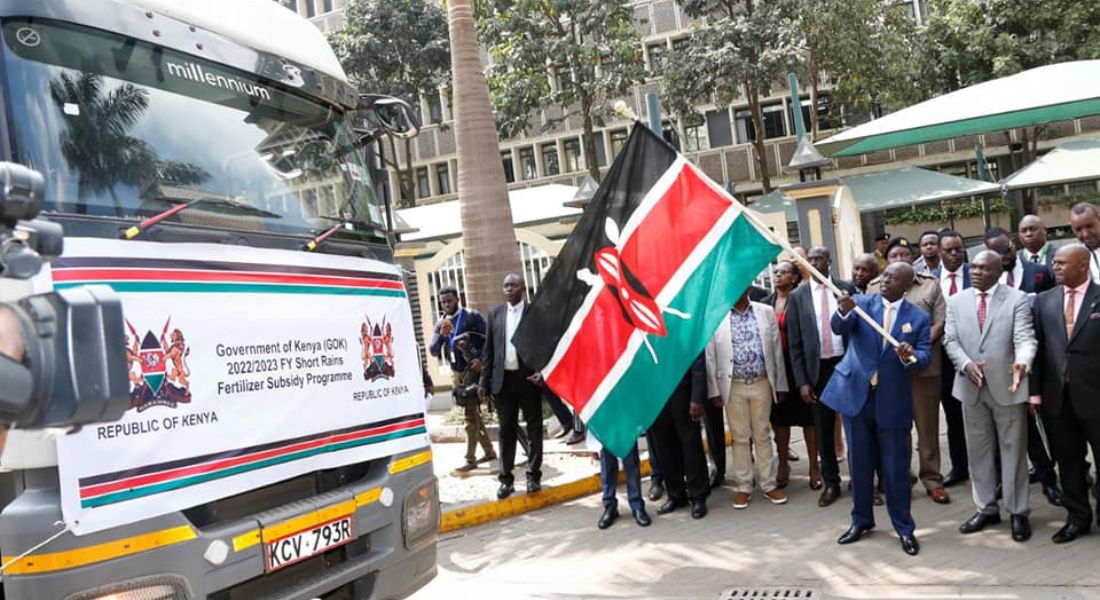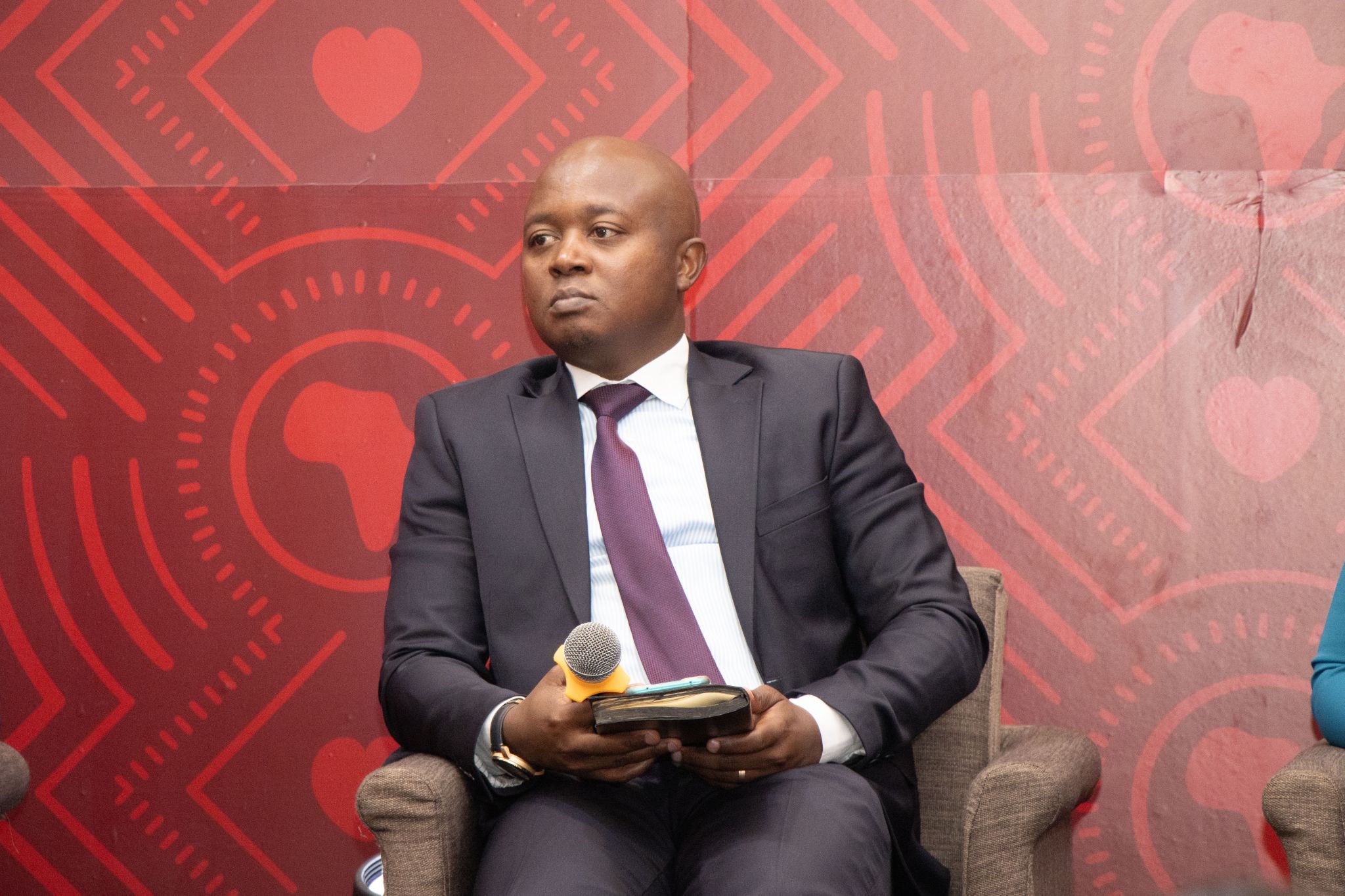On 12 June 2006, The African Union Special Summit of the Heads of State and Government convened and adopted a 12-Resolution framework dubbed the "Abuja Declaration on Fertilizer for the African Green Revolution.”
It sought to guide sub-Saharan African countries on measures to take to improve soil health and revolutionise farming by increasing sustainable fertiliser use. Sixteen years later, Africa still struggles to actualise the declarations made in Abuja.
Given the strategic importance of fertiliser in achieving the African Green Revolution to end hunger, the Abuja Declaration resolved to increase the use of fertiliser from 8kg per hectare to an average of at least 50kg of nutrients per hectare by 2015.
However, this is yet to become a reality.
According to a report by the UN Food and Agriculture Organization titled Boosting Africa's Soil, nutrient consumption per ha is still relatively low, with most countries falling far below the target of 50kg/ha.
Read More
The 3rd CAADP report published this year indicates that only 5 out of the 55 African Member states have met this threshold.
The second goal was to take concrete measures to specifically address the fertiliser needs of farmers, especially women, and to develop and strengthen the capacity of the youth, farmers' associations, civil society organisations, and the private sector.

Unfortunately, to date, farmers have limited knowledge about sustainable input use.
Another main declaration would be improving farmers' access to fertiliser by granting targeted subsidies in favour of the fertiliser sector, with the support of Africa's Development Partners, with special attention given to poor farmers.
To this end, significant investments have continued to be made for the value-added utilisation of mineral deposits and natural gas on the continent.
This would help Africa address issues to do with fertiliser availability and use. Whether or not the Abuja resolutions would work is not in doubt.
What demands our attention is the slow progress made over the years and whether there is a need for a paradigm shift in the way we look at food security, soil health, and the use of fertilisers in Africa.
Data is increasingly becoming the world's greatest commodity. However, the many and oftentimes disjointed information outlets make it difficult and expensive to locate one's data needs.
This does not work well for the African farmer and works against achieving the targets set out in the Abuja declaration.
To curb this, a centralised platform that enables farmers to access such vital information is needed.
The International Fertilizer Development Center (IFDC) and its partners are looking to launch and rebrand AfricaFertilizer.Org.
This portal aims to fill critical fertiliser information gaps, increase data-driven policy and investment decisions in the fertiliser sector, and develop comprehensive, user-centred fertiliser information systems.
The goal is to support all stakeholders along the fertiliser value chain to respond efficiently and effectively to changes in the fertiliser market, ensuring that sufficient quantities and appropriate fertilisers reach farmers at the right time for planting.
As Africa seeks to develop its transformational agenda around fertilisers and soil health, data is going to be the key driver in enabling strategic decisions towards the Green revolution Agenda for Africa.





-1753808187.jpeg)



 shares a light moment with the company's Group CEO Dr Patrick Tumbo (right) at a past event-1758121528.jpeg)
-1758116028.jpeg)

